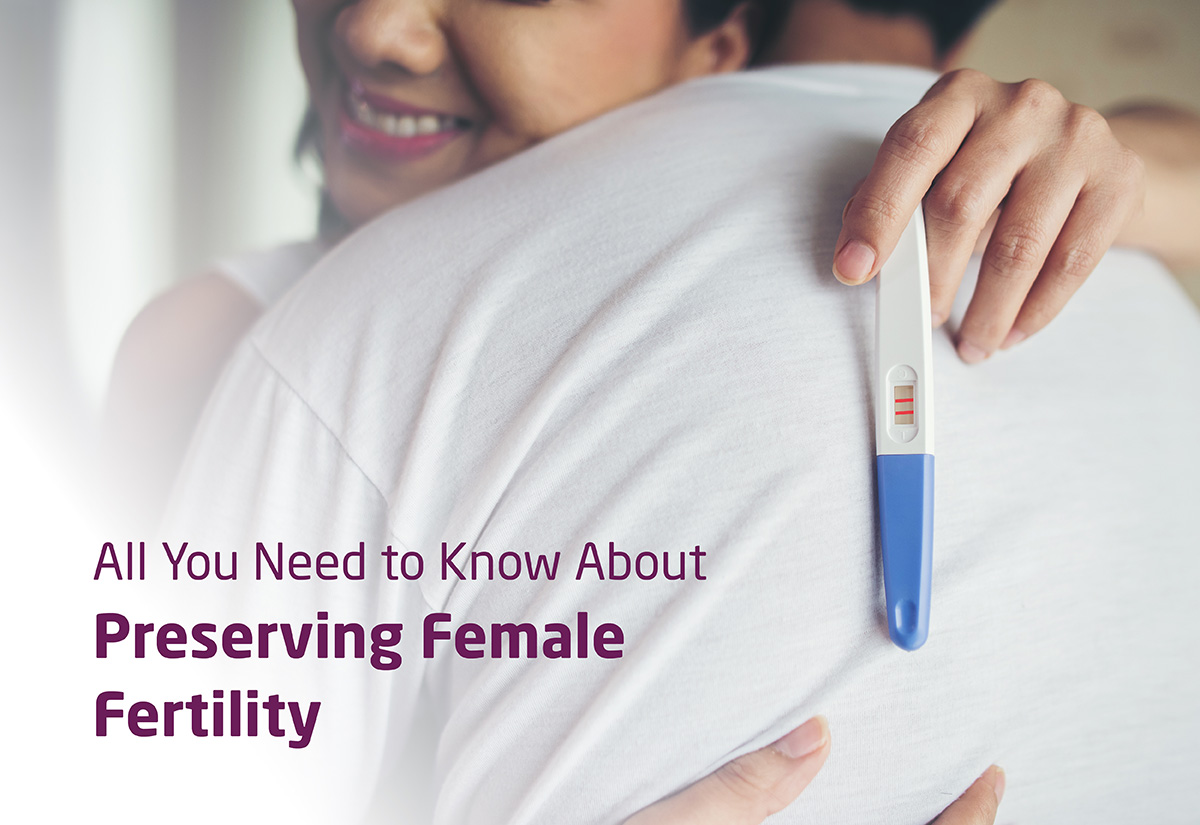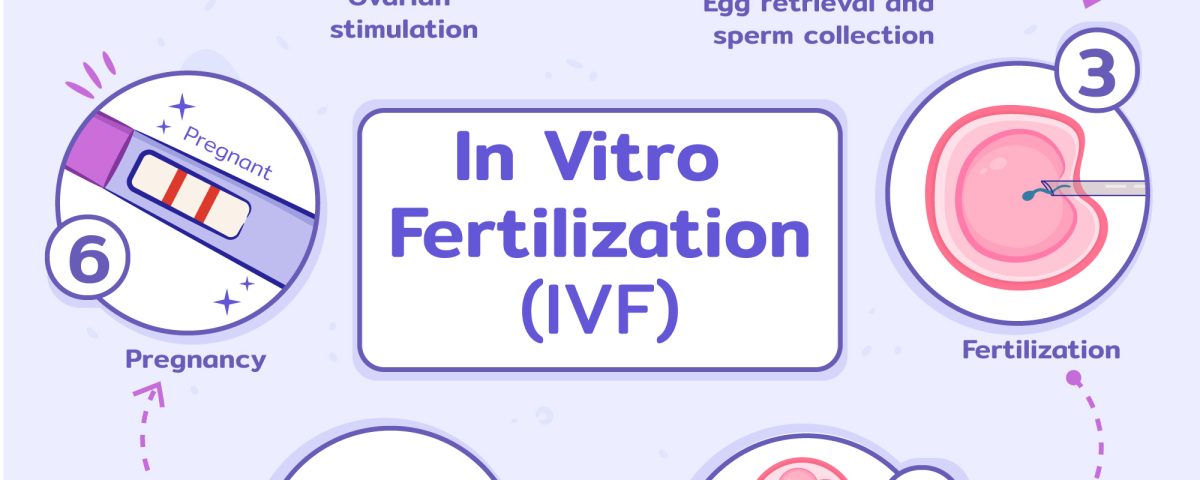
The Senate IVF Vote: What You Need to Know About This Game-Changing Decision
April 25, 2025Project 2025 and IVF: What You Need to Know About the Future of Fertility
Hey there! If you’ve heard whispers about Project 2025 and how it might shake up things like in vitro fertilization (IVF), you’re not alone. People are buzzing about this mysterious plan and what it could mean for families trying to have kids. Maybe you’re curious about how it could affect your own dreams of starting a family, or perhaps you just want the inside scoop on a topic that’s got everyone talking. Either way, you’re in the right place!
This article is your one-stop guide to understanding Project 2025 and its connection to IVF. We’ll dig into what it is, how it might change the fertility world, and even spill some lesser-known details—like privacy concerns, quirky hobbies tied to the movement, and what real people care about most. Plus, we’ll throw in the latest research, practical tips, and a few surprises that other articles might’ve missed. Let’s dive in!
What Is Project 2025, Anyway?
Project 2025 isn’t some sci-fi movie plot—it’s a real plan cooked up by a group of folks who want to reshape how the U.S. government works. Think of it like a giant playbook for the next big election in 2025. It’s led by a bunch of conservative thinkers and organizations, like the Heritage Foundation, who’ve teamed up to create a 900-page roadmap. Their goal? To overhaul policies on everything from taxes to healthcare if their preferred candidates win in 2024.
So, where does IVF fit in? Well, Project 2025 doesn’t directly say “IVF is good” or “IVF is bad,” but it’s got some ideas that could ripple through the fertility world. It’s all about promoting “family values” and tweaking laws around life, health, and reproduction. Some people worry this could mean tighter rules on things like IVF, while others think it might just change how it’s paid for or who gets access. Let’s break it down step-by-step.
The Big Picture
- Who’s Behind It: A mix of policy wonks, think tanks, and political insiders who’ve been planning this for years.
- What They Want: More focus on traditional families, less government meddling in some areas, and big changes to healthcare laws.
- Why It Matters: If it happens, it could affect millions of people—including those relying on IVF to have kids.
Imagine it like a recipe: they’re tossing in ingredients like tax cuts, stricter abortion laws, and healthcare shifts, then stirring it all up to see what comes out. IVF isn’t the main dish, but it’s definitely on the menu.

How Could Project 2025 Affect IVF?
Okay, let’s get to the juicy stuff—how might this plan mess with IVF? To figure this out, we need to peek at the fine print and read between the lines. Here’s what’s got people chatting.
The “Life Begins at Conception” Debate
One big idea floating around Project 2025 circles back to when life starts. Some of the folks behind it push the belief that life begins the moment an egg meets a sperm. Why does this matter for IVF? During IVF, doctors often create multiple embryos, but not all of them get used. If laws start treating every embryo like a full-on person, things could get tricky.
- What Could Happen: Rules might pop up saying you can’t discard unused embryos—or even freeze them. That’d make IVF way more expensive and complicated.
- Real-Life Example: Picture a couple who makes five embryos but only wants two kids. Right now, they can choose what to do with the extras. Under stricter rules, they might not have that freedom.
A fertility expert, Dr. Jane Miller, once said, “If every embryo is legally a person, IVF could turn into a legal minefield for doctors and patients alike.” That’s a scary thought for anyone hoping to use this tech!
Healthcare Funding Shake-Up
Project 2025 also wants to rethink how healthcare gets funded. IVF isn’t cheap—think $12,000 to $20,000 per try—and lots of people rely on insurance or government programs to help out. If this plan cuts back on those, it could hit wannabe parents hard.
- The Risk: Less insurance coverage or fewer subsidies could mean only rich folks can afford IVF.
- A Hidden Twist: Some insiders hint that Project 2025 might push tax breaks for “pro-family” stuff instead. Could that include IVF? Maybe, but only if it fits their vibe.
Access and Privacy Concerns
Here’s something you won’t find in every article: privacy. IVF already feels super personal—think about all the doctor visits, tests, and decisions. Now imagine if new laws made your fertility choices public info or tracked by the government. Some worry Project 2025’s focus on “family oversight” could mean more prying eyes.
- Why It’s Creepy: Ever had someone snoop in your diary? That’s what this could feel like for IVF patients.
- What People Say: On social media, fans of IVF are freaking out about “Big Brother” watching their baby-making plans.
The Secret Hobbies and Interests Behind Project 2025
Let’s lighten things up a bit! You might not expect it, but the people tied to Project 2025 have some quirky hobbies and passions that give us clues about their world. These aren’t just random facts—they show what drives them and how it might spill over into IVF policies.
Genealogy Geeks
A bunch of the masterminds behind this plan are obsessed with family trees. They’re the types who spend weekends digging through old records on Ancestry.com, piecing together their roots. Why? They’re all about legacy and “preserving the American family.”
- IVF Connection: This love for lineage could push them to support IVF for married couples but maybe not for single folks or same-sex pairs. It’s all about that “traditional” family vibe.
Homesteading Fans
Ever heard of homesteading? It’s like living off the grid—think growing your own food, raising chickens, the whole pioneer thing. Some Project 2025 folks are into this big-time.
- What It Means: They might see IVF as too “high-tech” for their back-to-basics ideals. Could they nudge policies to favor natural conception over lab-made babies? It’s possible!
Faith and Quilting
Here’s a fun one: a few key players love quilting. Yep, stitching blankets while debating policy! It ties into their deep religious roots, which often guide their views on life and reproduction.
- The Link: Faith could steer them toward rules that limit IVF to align with their beliefs—like no embryo discarding.
These little tidbits aren’t just gossip—they hint at the personal stakes these folks have in shaping the future, including IVF.
What Fans Really Want to Know About Project 2025 and IVF
People aren’t just googling “Project 2025 IVF” for fun—they’ve got real questions! After digging into what’s trending online, here’s what’s on everyone’s mind, plus some answers you won’t find everywhere.
“Will IVF Get Banned?”
Nope, there’s no sign Project 2025 wants to outlaw IVF completely. But fans are nervous because of all the “pro-life” talk. The real worry? Restrictions that make it harder to get or afford.
- Practical Tip: If you’re planning IVF soon, lock in your insurance now before any rules change.
“How Much Will It Cost Me?”
Cost is a huge deal—IVF’s already a stretch for most wallets. If funding gets cut, prices could climb higher than a rollercoaster.
- Latest Data: A 2024 study from the American Society for Reproductive Medicine says 1 in 5 IVF patients already dip into savings or loans. Any Project 2025 cuts could double that number.
“Can I Still Freeze My Embryos?”
This one’s a hot topic! Freezing embryos is a game-changer for lots of families, letting them plan pregnancies on their terms. But if embryo laws tighten, freezing might get restricted.
- What to Do: Talk to your clinic about your options—like freezing eggs instead of embryos if things shift.
“What About Single Parents or LGBTQ+ Couples?”
Here’s where it gets personal. Project 2025’s “traditional family” focus has some fans worried it’ll prioritize straight, married couples for IVF access.
- A Sneaky Detail: One draft proposal floats tax credits for IVF—but only for “stable, married households.” Yikes!
The Science Behind IVF and Why It Matters
Let’s zoom out for a sec—why is IVF such a big deal anyway? It’s not just about making babies; it’s a science miracle that’s helped millions. Knowing the basics can help us see why Project 2025’s moves could shake things up.
How IVF Works (Super Simple Version)
- Step 1: Doctors give you meds to make lots of eggs.
- Step 2: They grab those eggs and mix them with sperm in a lab.
- Step 3: Boom—embryos! They pick the best ones to put back in.
- Step 4: Leftover embryos can get frozen for later.
It’s like a high-tech recipe for growing a family, and it’s got a success rate of about 30-40% per try for women under 35, according to 2023 CDC data.
Why People Love It
- Beats Infertility: 1 in 6 couples struggle to conceive naturally—IVF’s their lifeline.
- Flexibility: You can time your pregnancy or even use donor eggs/sperm.
- Science Bonus: It’s led to breakthroughs like genetic testing to avoid diseases.
Dr. Mark Evans, a fertility researcher, puts it this way: “IVF isn’t just about babies—it’s about giving people control over their future.” That control could be at risk if Project 2025 tweaks the rules.

New Research That Could Change the IVF Game
Hold up—there’s fresh science dropping that could flip the script on IVF, and it’s stuff you won’t see in every article. Let’s check out what’s new and how it ties to Project 2025.
AI-Powered Embryo Selection
In 2024, researchers at MIT rolled out an AI tool that picks the healthiest embryos with 90% accuracy. It’s like having a super-smart assistant in the lab!
- Why It’s Cool: Higher success rates mean fewer tries and lower costs.
- Project 2025 Angle: If this tech gets big, could strict embryo laws slow it down? Some say yes—AI needs lots of embryo data to work, and restrictions might choke that off.
Cheaper IVF Options
A 2025 pilot study in California tested “mini-IVF,” a low-dose version that cuts costs by 30%. It’s not as intense but still works for many.
- The Catch: It’s less effective for older patients (over 40).
- What to Watch: If Project 2025 slashes funding, mini-IVF could be a lifeline—or it might not get the support to scale up.
Embryo Rights Research
Here’s a wild one: a 2024 paper from Yale Law School argues that embryos could get “personhood” status under new laws. It’s not science fiction—it’s already happening in places like Alabama.
- Impact on IVF: Clinics might have to keep every embryo forever, driving up costs and stress.
- Tip: Ask your doctor about local laws—they’re changing fast!
Practical Tips for Navigating IVF in a Project 2025 World
Alright, let’s get real—how can you prep for IVF if Project 2025 shakes things up? Here’s your game plan, broken down into easy steps.
Step 1: Get the Money Talk Out of the Way
IVF’s pricey, and funding might shrink. Start saving now!
- ✔️ Do This: Set up a “baby fund” with $500 a month—it adds up fast.
- ❌ Avoid This: Don’t count on insurance covering everything; it might not last.
Step 2: Know Your Clinic’s Rules
Clinics might face new limits on embryos. Chat with yours to see what’s up.
- ✔️ Ask: “What happens to my extra embryos if laws change?”
- ❌ Skip: Don’t assume it’ll all stay the same—plan ahead.
Step 3: Freeze Early
If freezing’s your thing, do it sooner than later. Rules could tighten.
- ✔️ Pro Move: Freeze eggs instead of embryos—it’s less legally messy.
- ❌ Mistake: Waiting too long could mean fewer options.
Step 4: Stay in the Loop
Laws and policies move fast. Keep an eye on the news or join an IVF support group.
- ✔️ Tool: Follow X accounts like @FertilityFacts for updates.
- ❌ No-No: Don’t bury your head in the sand—knowledge is power!
The Emotional Side of IVF and Project 2025
IVF’s not just science—it’s a rollercoaster of feelings. Add Project 2025’s uncertainty, and it’s like tossing a curveball into an already wild game. Let’s talk about what’s really going on inside.
The Stress Factor
Worrying about laws changing can make IVF feel even tougher. Will it still be there when you need it? That’s a heavy question.
- Real Story: Sarah, a 32-year-old from Texas, shared online, “I’m scared Project 2025 will take away my shot at being a mom. It’s all I think about.”
- Tip: Talk to a friend or therapist—it helps!
Hope vs. Fear
Some see Project 2025 as a chance for more family support (like tax breaks), while others dread losing control. It’s a tug-of-war between dreaming big and bracing for the worst.
- Science Says: A 2023 study from the Journal of Fertility found stress cuts IVF success by 15%. Chill vibes matter!
Busting Myths About Project 2025 and IVF
There’s a ton of chatter out there, and not all of it’s true. Let’s clear up some big myths floating around.
Myth #1: “IVF Will Be Illegal by 2025”
Nope! No one’s saying that. Project 2025 might tweak rules, but a total ban’s not on the table.
- Truth: It’s more about access and cost than a shutdown.
Myth #2: “Only Rich People Will Get IVF”
Not necessarily. Funding cuts could happen, but cheaper options like mini-IVF might balance things out.
- Reality: It’ll depend on how the plan rolls out.
Myth #3: “Embryos Are Already People Everywhere”
Not true—yet. Some states are testing this, but it’s not nationwide.
- Fact: Laws vary, so check your local rules!
What’s Next for IVF Under Project 2025?
So, where’s this all headed? Let’s peek into the crystal ball—without making stuff up, of course!
Best-Case Scenario
- IVF gets a boost with tax credits or pro-family perks.
- New tech like AI keeps success rates climbing.
- Access stays wide open for all kinds of families.
Worst-Case Scenario
- Strict embryo laws jack up costs and stress.
- Funding dries up, leaving IVF out of reach for many.
- Privacy takes a hit with more oversight.
Most Likely Outcome
Probably somewhere in between. Dr. Emily Chen, a policy analyst, predicts, “Project 2025 will nudge IVF toward a ‘family-first’ model, but it won’t kill it off.” Expect changes, not chaos.
Let’s Talk: What Do YOU Think?
Whew, we’ve covered a lot—Project 2025’s basics, its IVF ripple effects, quirky behind-the-scenes vibes, fresh science, and real-world tips. Now it’s your turn! What’s on your mind?
- Question Time: How do you feel about Project 2025 messing with IVF? Excited? Worried? Totally confused?
- Share Your Story: Tried IVF or thinking about it? Drop your thoughts below!
- Poll Fun: Pick one—should IVF stay totally free from rules, or is some oversight okay? Vote in the comments!
Let’s keep this convo going—your voice matters, and who knows, maybe someone out there needs to hear it. Thanks for hanging out with me on this wild ride through Project 2025 and IVF!
